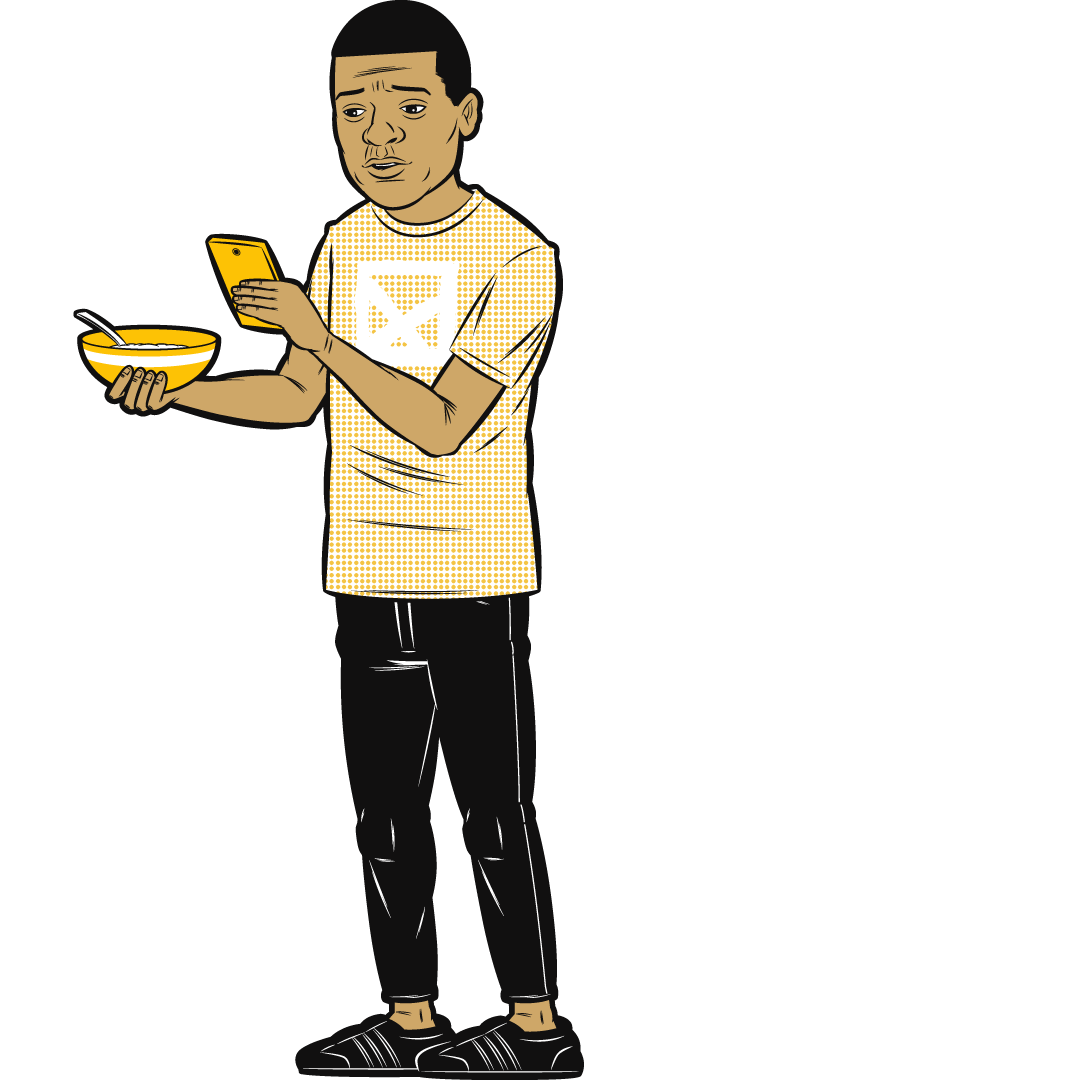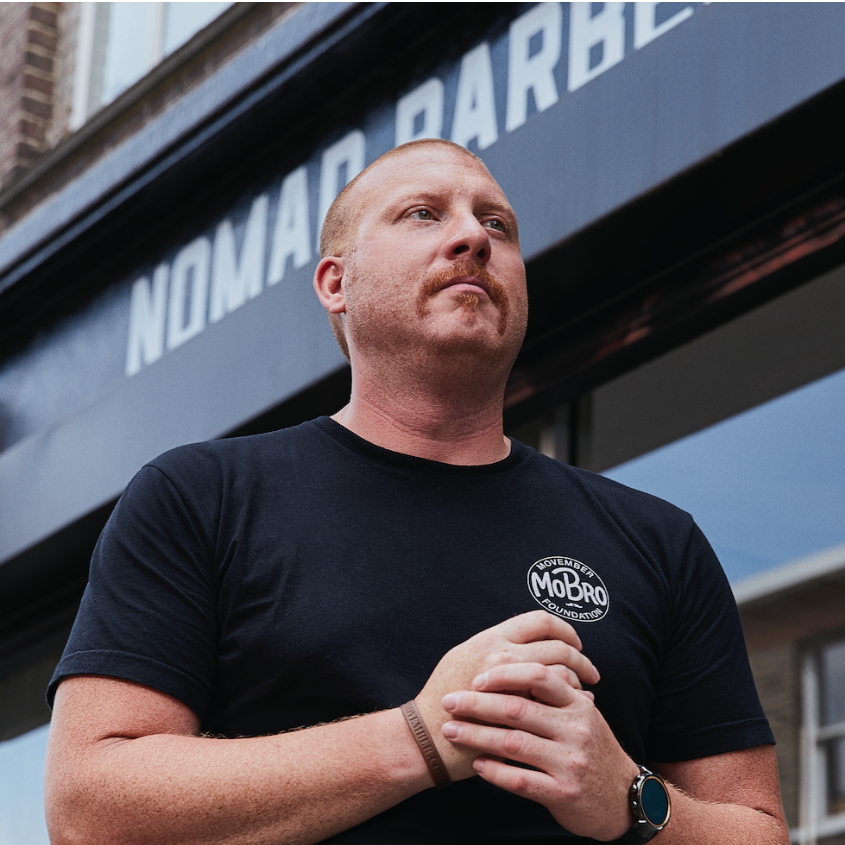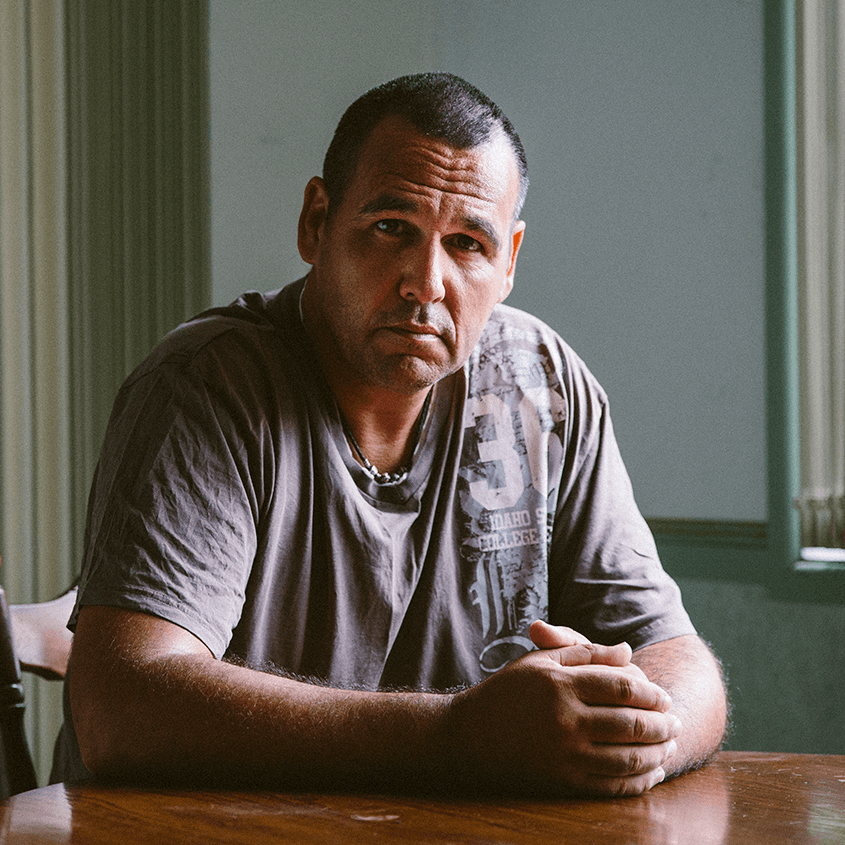- Canadian men are less likely than women to report having sought help to manage COVID-19 life changes, with 49% of men seeking help compared to 58% if women
- A quarter of Canadian men (25%) have not checked-in with friends or family to find how their coping, compared to 13% of women
- 6 out of 10 Canadian men aged 45+ report feeling less connected to their friends following lockdown restrictions
Eight out of 10 Canadian men find it helpful when people ask if they’re having a difficult time, yet four out of ten Canadian men (40 per cent) say no one has asked how they’re coping during the COVID-19 pandemic, according to a new report released by global men’s health charity, Movember.
The research released today aims to explore the impact of COVID-19 on social connections particularly when it comes to men, revealing a quarter (25 per cent) of Canadian men surveyed had not checked in with friends or family to find out how they were doing during the crisis, compared with only 13 per cent of women.
The survey of 1,430 [i]Canadians, including 794 men aged 18 or older, was commissioned by Movember and carried out by the Social Research Centre, forming part of a global study of over 5,700 respondents internationally, investigating the impact COVID-19 was having on men globally. It found that approximately a third of Canadian men felt their relationships with friends (32 per cent) and work colleagues (also 32 per cent) had weakened since stay-at-home and physical distancing restrictions had been imposed.
The research also showed Canadian men were less likely to seek help (from family, friends or other sources) as a means to helping them manage changes to their life due to the COVID-1 pandemic, with only 49 per cent reporting they had sought help, compared to 58 per cent of women.
In Canada, older men as a group are most likely to have experienced poorer social connection, with 57 per cent of Canadian men aged 45+ years reporting they feel less connected to their friends since the COVID-19 outbreak, compared with 48 per cent of men aged 18 to 24 years.
It’s no surprise mental health continues to be a central theme in the COVID-19 rhetoric globally, and for good reason. The study showed over a quarter of Canadian men (27 per cent) reported their mental health had worsened compared to before the outbreak of COVID-19 and a third (34 per cent) stated they felt lonely more often. Prior to COVID-19, in Canada three out of four deaths by suicide are men, and it is the second leading cause of death in men aged 15 – 44. However, the role of social connectivity on mental health is well documented, showing positive impacts on alleviating feelings of anxiety, depression and other mental health challenges. With social isolation as the ‘new normal’, it is clear there are heightened mental health risks, and sadly these results also show that Canadians are more likely to check-in on how female friends and family are coping since the COVID-19 pandemic began, than they are for their male friends and family.
“These findings indicate that guys are hungry for connection and in need of support in these trying times,” says Zac Seidler, Director of Mental Health Training for Movember globally. “As the country slowly gets back to business, the residual stress of this pandemic may bubble to the surface and some may struggle more so than others. While we know these conversations can often feel uncomfortable or awkward, checking in on your friends and loved ones can make the world of difference. Don’t assume they don’t want to be bothered or don’t want to talk. Just making the call can go a long way.”
Movember is committed to tackling the crisis in men’s mental health through its investment in early intervention and prevention programs. According to Brendan Maher, Movember Global Director of Mental Health and Suicide Prevention, this is why the charity has launched Movember Conversations, a new easy-to-use interactive online tool, that offers practical guidance on how to start a difficult conversation and support someone who is struggling.
“People know it’s important to have conversations to support others; however, confidence and knowledge around how to do this with men is low,” says Brendan. “What’s making things even harder are the challenges thrown up by COVID-19, and its consequences of physical distancing, job loss, financial stress and strain on relationships.”
Based on R U OK?’s ALEC conversation framework (Ask, Listen, Encourage action, Check in) and guided by an international team of mental health experts, Movember Conversations is a free interactive digital tool (available in English and French) that presents a number of scenarios relevant to today’s world including job loss, social isolation and family pressures. It uses simulated conversations to explore and practise how anyone might navigate a difficult conversation with someone they care about.
“We hope that this tool will encourage people to have conversations with men they care about who might be going through a tough time,” Brendan adds. “Movember Conversations gives them the practical skills to do that.”
Movember Conversations can found at conversations.movember.com.
[i] SRC conducted a survey through an online panel with 5,737 people aged 18 or older across the UK, US, Canada and Australia (approximately 1,430 respondents in each country). This included 809 men in the UK, 804 men in the US, 794 men in Canada and 806 men in Australia. Response quotas were set based on age, region and gender and the final data were weighted to reflect the profiles of each country. Fieldwork ran from 22nd April – 4th May 2020.



Movember Conversations gives you the confidence to have conversations with the men in your life who might be struggling.
It’s almost midday. Time to get out of bed and get on the beers!
Hey man. That doesn’t sound like you! Is everything ok?
Yeah.
Just hardly any reason to get out of bed these days.










hirez.png)
